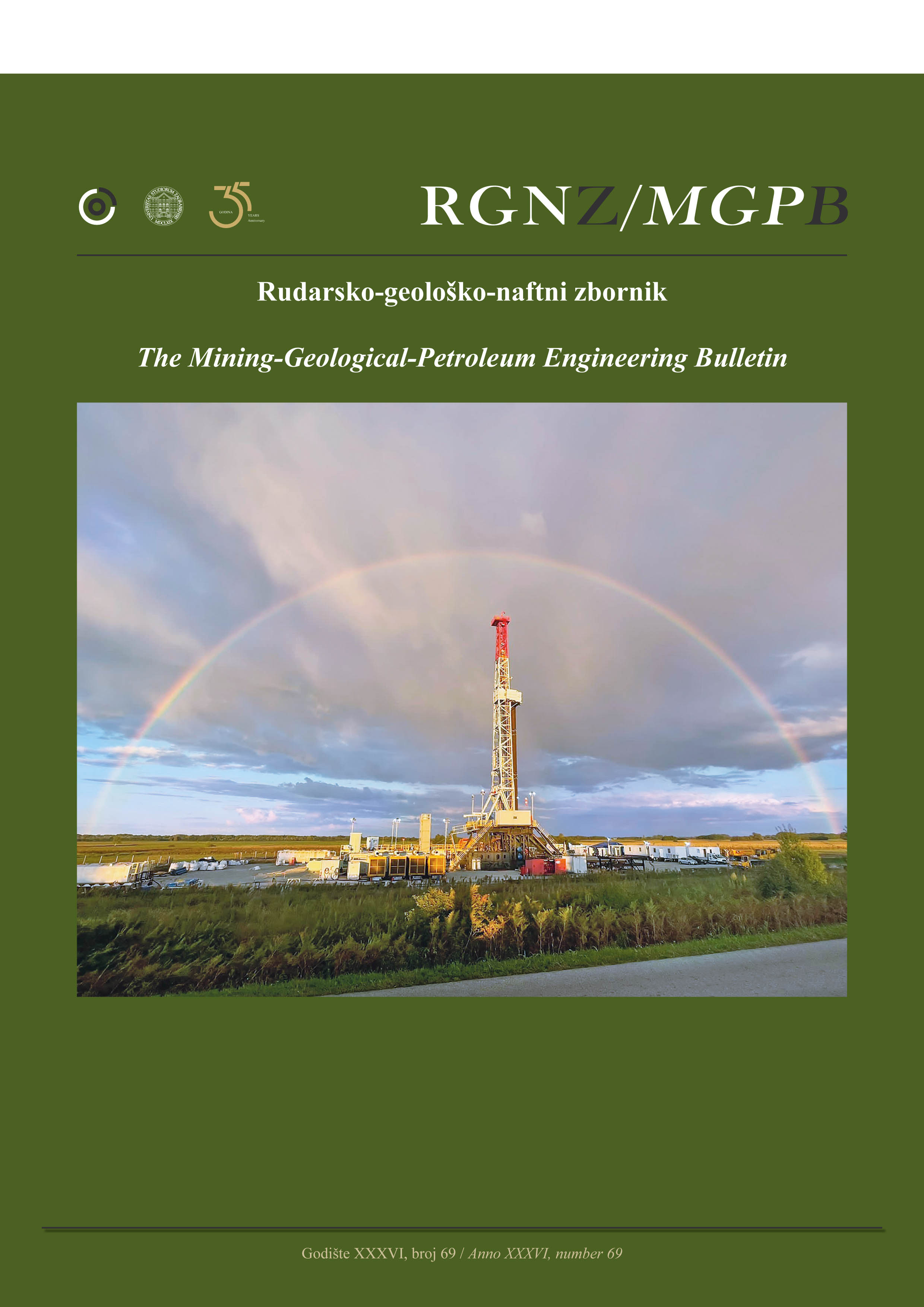Aspects of energy efficiency management for rational energy resource utilization
DOI:
https://doi.org/10.17794/rgn.2024.3.2Keywords:
energy efficiency management, natural gas and fossil resources, environmental impacts, political & economic stability, levels of energy efficiency, LCA analysis, energy intensityAbstract
This study delves into the multifaceted landscape of energy efficiency management with the objective of rationalizing the utilization of energy resources. The article considers a methodical approach to the study of the level of energy intensity of economic activity, covering levels of management, from the macro level to the level of an individual enterprise. In general, it is advisable to supplement the proposed approach with existing methods that extend the content to the results of energy efficiency research. Using the Life Cycle Assessment (LCA) method and other methodologies, we explore various dimensions of energy resource utilization and the scale of energy efficiency management across different stages of the lifecycle. Additionally, the study introduces levels of energy efficiency management developed by the authors, providing a structured framework for optimizing energy use. Through rigorous analysis, we evaluate the environmental impacts, energy consumption patterns, and efficiency levels associated with diverse energy management strategies. Our findings illuminate key areas for improvement and optimization in energy utilization practices, offering insight beneficial for policymakers, industry stakeholders, and environmental advocates alike. By leveraging the comprehensive framework of LCA alongside the developed levels of energy efficiency management, this research contributes to a nuanced understanding of energy efficiency management, thereby facilitating informed decision-making towards sustainable energy utilization pathways. Examining the example of building the life cycle of gas production and highlighting the main stages of its transformation from a raw resource to a finished product for consumption allows for the consideration of the entire chain of creation of the added value of this energy resource and enables control of the level of its influence on the results of the activities of economic units involved in this chain, as well as the consequences of their impact on the environment. This allows us to conclude that the approach discussed in the article can be used both for researching the energy efficiency of individual enterprises, as well as their associations, industries, and the economy in general.
Downloads
Published
How to Cite
Issue
Section
License
Copyright (c) 2024 Prof. Alla Polyanska, Yuliya Pazynich, Ms. Chrystyna Mykhailyshyn, Prof. Dmytro Babets, Mgr. Piotr Toś

This work is licensed under a Creative Commons Attribution 4.0 International License.
Creative Commons-BY
Authors who publish with this journal agree to the following terms:
In agreeing this form, you certify that:
- You read the ethical codex of the RGN zbornik available at journal web.
- You submitted work is your original work, and has not previously been published and does not include any form of plagiarism.
- You own copyright in the submitted work, and are therefore permitted to assign the licence to publish to RGN zbornik.
- Your submitted work contains no violation of any existing copyright or other third party right or any material of an obscene, libellous or otherwise unlawful nature.
- You have obtained permission for and acknowledged the source of any illustrations, diagrams or other material included in the work of which you are not the copyright owner.
- You have taken due care to ensure the accuracy of the work, and that, to the best of your knowledge, there are no false statements made within it.
- All co-authors of this submitted work are aware of, and in agreement with, the terms of this licence and that the submitted manuscript has been approved by these authors.
Publication licence
You retain copyright in your submitted work, according to journal license policy (CC-BY). By signing this form you agree that RGN zbornik may publish it under the publication licence. In summary the licence allows the following:
Anyone is free:
- To copy, distribute, display, and perform the work.
- To make derivative works.
Under the following conditions:
- The original author must always be given credit.
- The work may not be used for commercial purposes.
- If the work is altered, transformed, or built upon, the resulting work may only be distributed under a licence identical to this one.
Exceptions to the licence
In addition to publishing the work printed under the above licence, RGN zbornik will also enable the work to be visible online.
The journal editorial can change the licence rules anytime but it cannot retroactively restrict author(s) rights.


